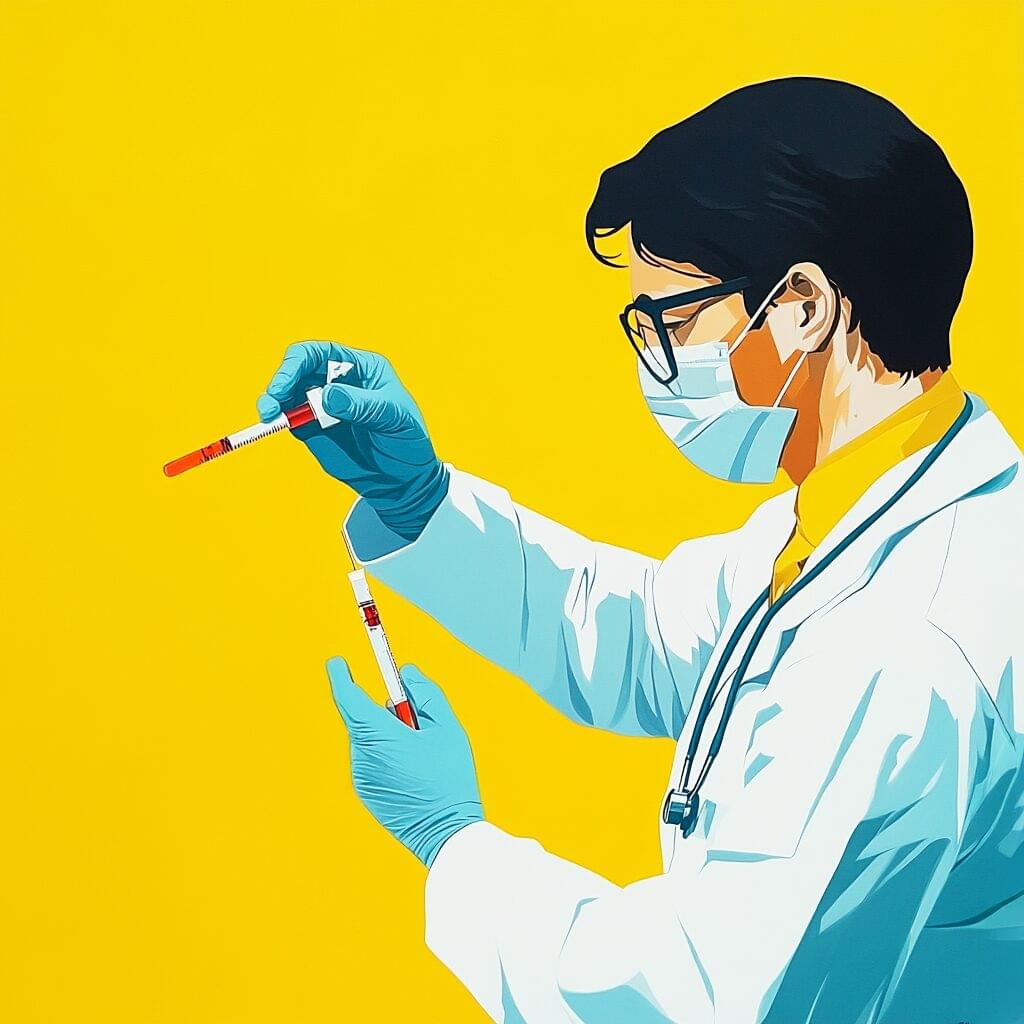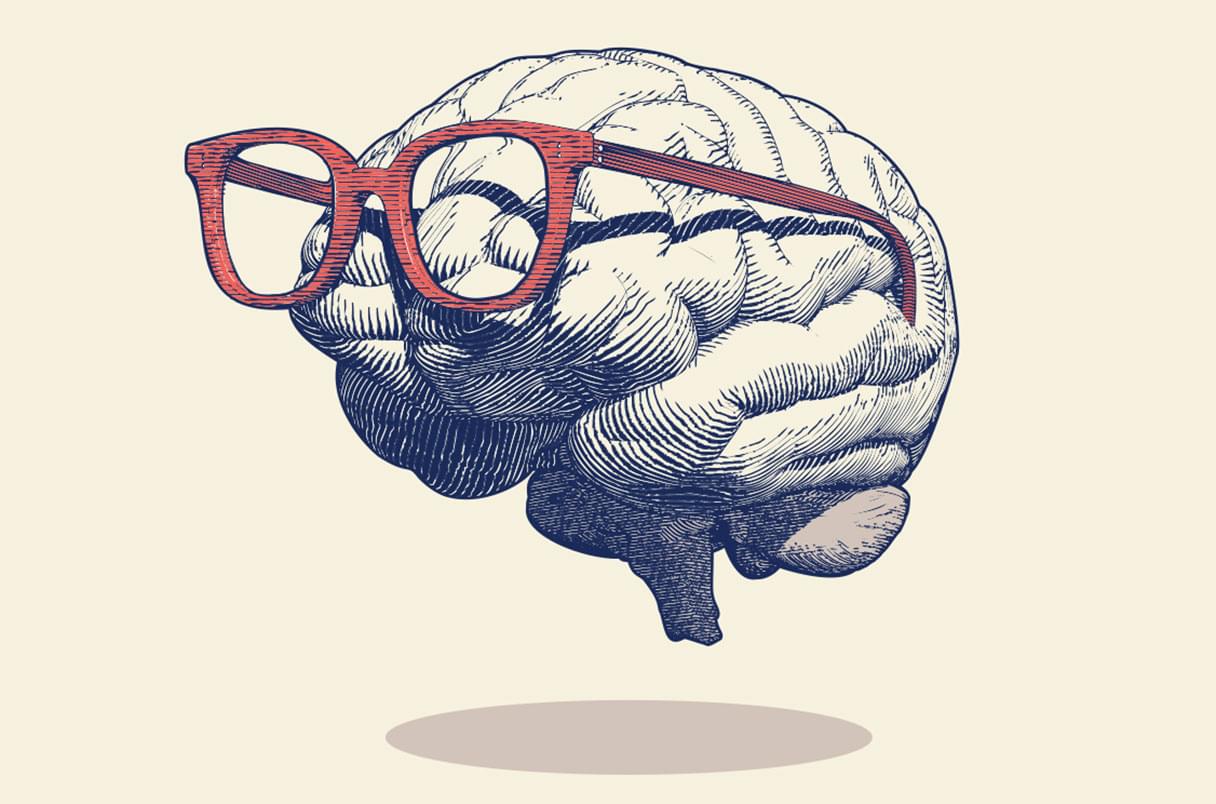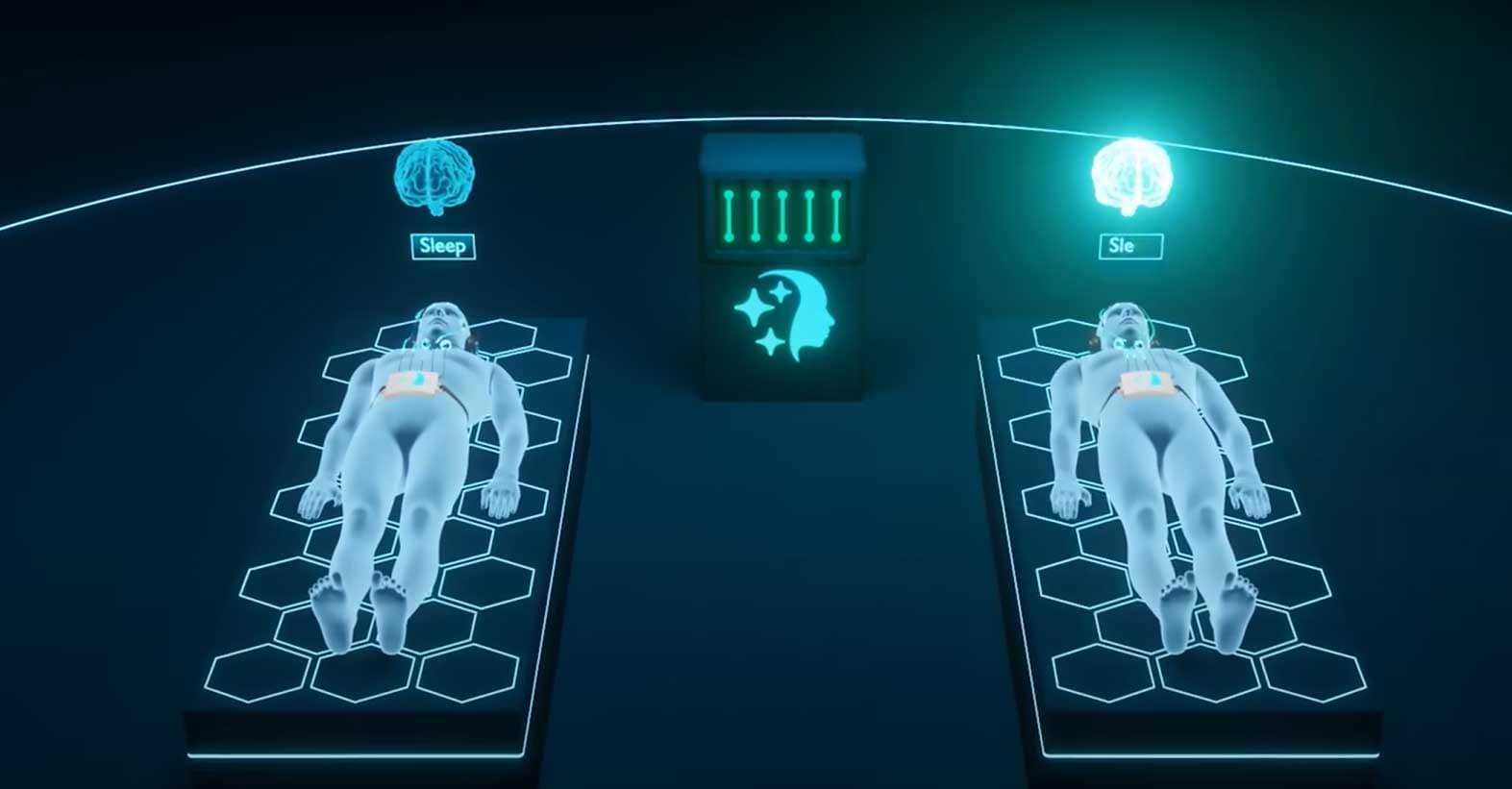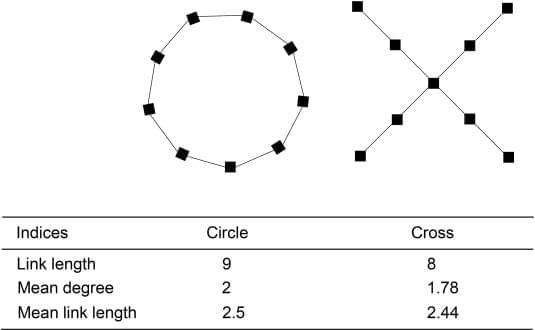Uber CEO Dara Khosrowshahi says robotaxis are a trillion-dollar opportunity.
Elon Musk has announced that xAI will launch its large language model (LLM), Grok 3, on Monday at 8:30PM Pacific Time (that’s 10:00AM India time). The billionaire also promised that Grok 3 will be the smartest AI in the world.
Also Read | Elon Musk reacts to Ashley St. Clair claiming to be the mother of his 13th child
Confirming the launch of Grok 3 on X (formerly Twitter), Musk wrote, “Grok 3 release with live demo on Monday night at 8pm PT. Smartest AI on Earth.”
Researchers have developed a simple blood test to detect pancreatic cancer before it spreads to other sites in the body. The test could be used for routine screening to improve the disease’s low survival rate.
Fischer and his colleagues focused on detecting enzymes called proteases, which break down proteins and are active in tumours, even from the very early stages. They specifically looked at the activity of matrix metalloproteinases involved in chewing up collagen and the extracellular matrix, which helps tumours to invade the body.
Imaging study of people with aphantasia reveals differences—but not a complete deficit—in visual processing area.
As tech billionaires around the world continue to experiment with artificial intelligence, a bizarre trend of AI ‘partners’ has emerged whereby people engage in relationships with chatbots — but, far from solving an epidemic of loneliness among singletons, a dark new trend has emerged in which men can indulge in emotionally abusive behaviour.
Threads on Reddit are exposing this disturbing desire which sees people use smartphone apps like Replika to create virtual partners they can verbally berate, abuse, and ‘experiment’ with.
Replika allows people to send and receive messages from a virtual companion or avatar which can be ‘set’ or trained to become a friend or mentor — though more commonly a romantic partner.
Devices that leverage quantum mechanics effects, broadly referred to as quantum technologies, could help to tackle some real-world problems faster and more efficiently. In recent years, physicists and engineers have introduced various promising quantum technologies, including so-called quantum sensors.
Networks of quantum sensors could theoretically be used to measure specific parameters with remarkable precision. These networks leverage a quantum phenomenon known as entanglement, which entails a sustained connection between particles, which allows them to instantly share information with each other, even at a distance.
While quantum sensor networks (QSNs) could have various advantageous real-world applications, their effective deployment also relies on the ability to ensure that the information shared between sensors remains private and is not accessible to malicious third parties.
A new study published in February found that those who ate yogurt more than twice a week had a lower rate of colon cancer than those who ate it less frequently.
Skin fibrosis is a painful condition in which the skin thickens and hardens. New Yale research uncovers its underlying cellular and molecular mechanisms and yields potential targets for treatment: bit.ly/40UInas
People with skin fibrosis experience a painful thickening of the skin, for which there is no treatment. Findings from a Yale study may point the way.
Spatial resource arrangement influences both network structures and activity of fungal mycelia: A form of pattern recognition?
Posted in computing, neuroscience | Leave a Comment on Spatial resource arrangement influences both network structures and activity of fungal mycelia: A form of pattern recognition?
Scientists discovered that a species of fungus can sense its surroundings and make strategic decisions.
A new study suggests that the fungus Phanerochaete velutina might have a surprising ability — recognizing shapes and adjusting its growth strategy accordingly.
Researchers from Tohoku University conducted experiments where the fungus was placed in different spatial arrangements and observed how it spread. Rather than expanding indiscriminately, the mycelium formed connections, retracted excess strands, and focused its foraging in strategic directions.
In circular arrangements, tendrils avoided the center, while in cross-shaped formations, the outermost blocks served as primary hubs for exploration.
This behavior hints at a level of perception and decision-making previously unrecognized in fungi.









